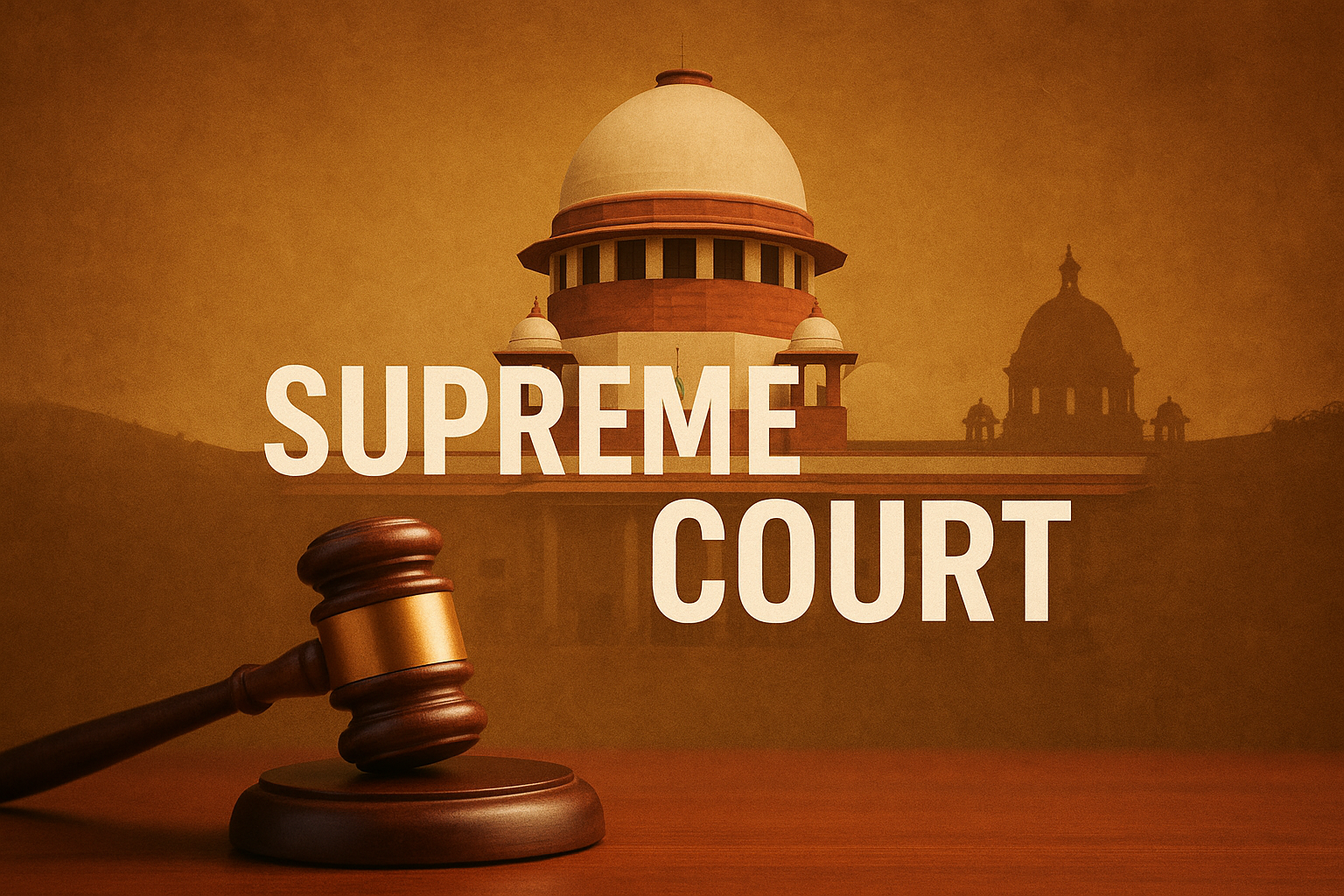Role of the Election Commission in Democracy
The Election Commission of India (ECI) is the constitutional authority under Article 324 of the Constitution, entrusted with the power to conduct free and fair elections in India. It supervises elections to Parliament, State Legislatures, and the offices of the President and Vice-President. As the guardian of India’s electoral democracy, the ECI powers and functions aim to ensure that the people’s mandate is reflected honestly and transparently.
Core Duties and Responsibilities
The duties of the Election Commission go far beyond conducting polls. Its responsibilities include:
- Conducting Elections – The ECI organises the entire electoral process, from announcing election schedules to declaring results.
- Maintaining Electoral Rolls – It updates voter lists to prevent duplication or bogus voting, ensuring voter rights in India are protected.
- Model Code of Conduct Enforcement – It enforces the Model Code of Conduct (MCC) to maintain a level playing field for all candidates.
- Monitoring Campaign Practices – The ECI acts against hate speech, paid news, vote-buying, and violations of election laws in India.
- Voter Education – Through programmes like SVEEP, it spreads awareness about how to vote and why every vote counts.
Rules Governing Fair Elections
The ECI operates within a robust legal framework to guarantee electoral fairness:
- Model Code of Conduct – Prevents misuse of government machinery and unethical campaigning.
- Election Symbols (Reservation and Allotment) Order, 1968 – Regulates the allotment of election symbols to political parties and independent candidates.
- Representation of the People Act, 1950 & 1951 – Governs qualifications, disqualifications, and electoral offences.
- Election Expense Rules – Controls campaign expenditure to stop the misuse of money power.
Powers of the Election Commission
The powers of the Election Commission include:
- Administrative Powers – Appointing observers, transferring biased officials, and deploying forces for security.
- Quasi-Judicial Powers – Deciding disputes on political party recognition and ECI authority on symbol allocation.
- Enforcement Powers – Cancelling or postponing polls in case of booth capturing prevention or large-scale malpractice.
- Regulatory Powers – Issuing binding orders, guidelines, and notifications to political parties and government agencies.
Suo Motu Powers: Acting Without Waiting for Complaints
The ECI can take suo motu action if it detects violations of election laws in India. This means it can act proactively without waiting for complaints. For example, it can:
- Transfer officials suspected of bias.
- Cancel polls if large-scale malpractice occurs.
- Issue notices for MCC violations spotted via media or its own monitoring.
- Tackle objectionable social media posts during campaigns.
The Supreme Court rulings on Election Commission powers have confirmed this proactive role, ensuring election transparency in India.
Safeguarding Transparency and Credibility
By using Electronic Voting Machines (EVMs), Voter Verifiable Paper Audit Trail (VVPAT), and digital monitoring, the ECI ensures electoral reforms in India keep pace with technology. It also invites independent observers to strengthen public trust.
The People’s Role in Supporting the Commission
Citizens must play their part by registering as voters, checking their names in the roll, voting freely, and reporting any MCC violation or malpractice.
Conclusion
The Election Commission’s role in democracy is central to preserving the spirit of the Constitution. Through its rules, powers, and ability to take suo motu cognizance, it ensures elections remain the true voice of the people. Together, a vigilant ECI and active citizens can keep India’s democracy vibrant and fair.





